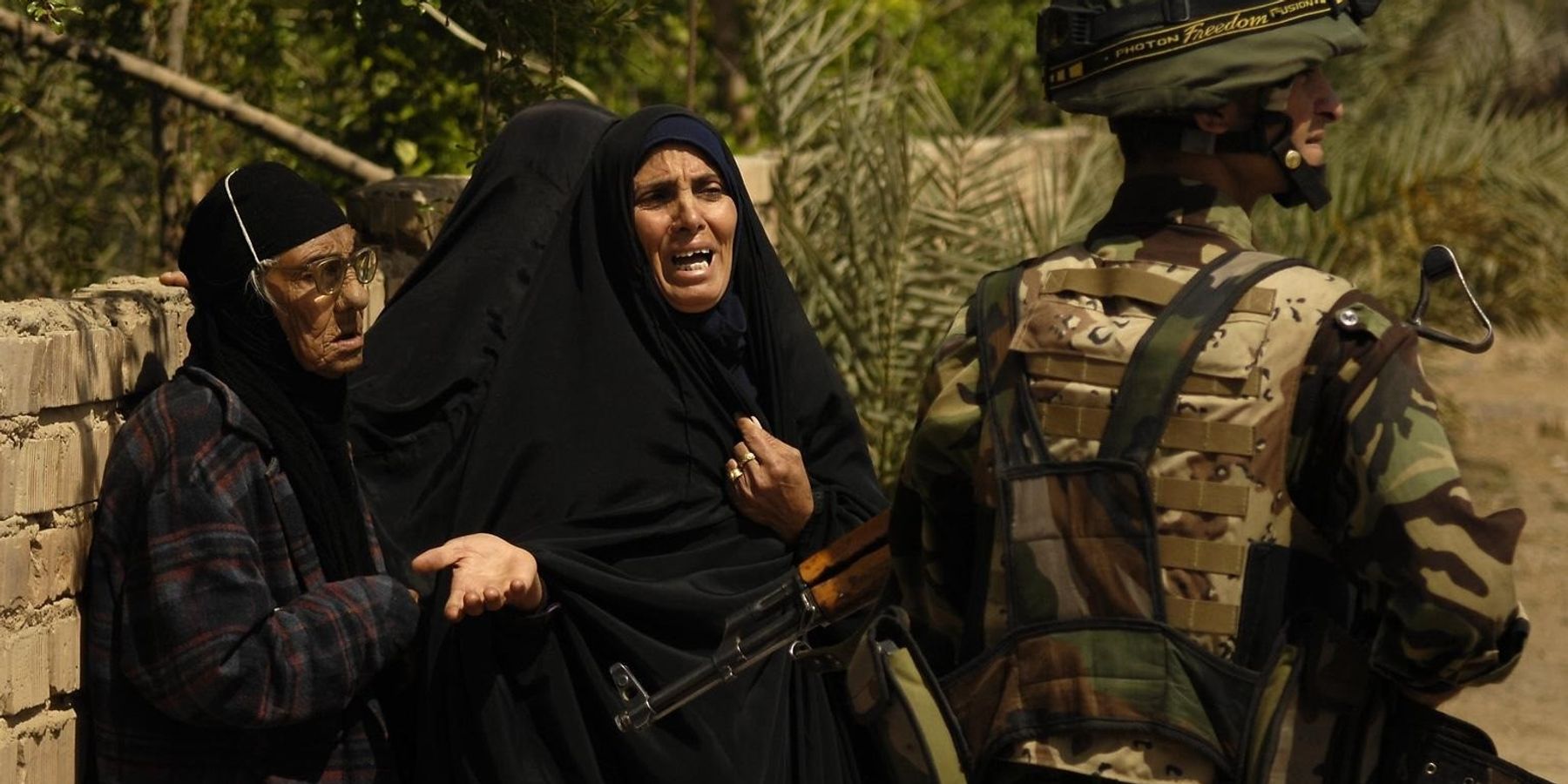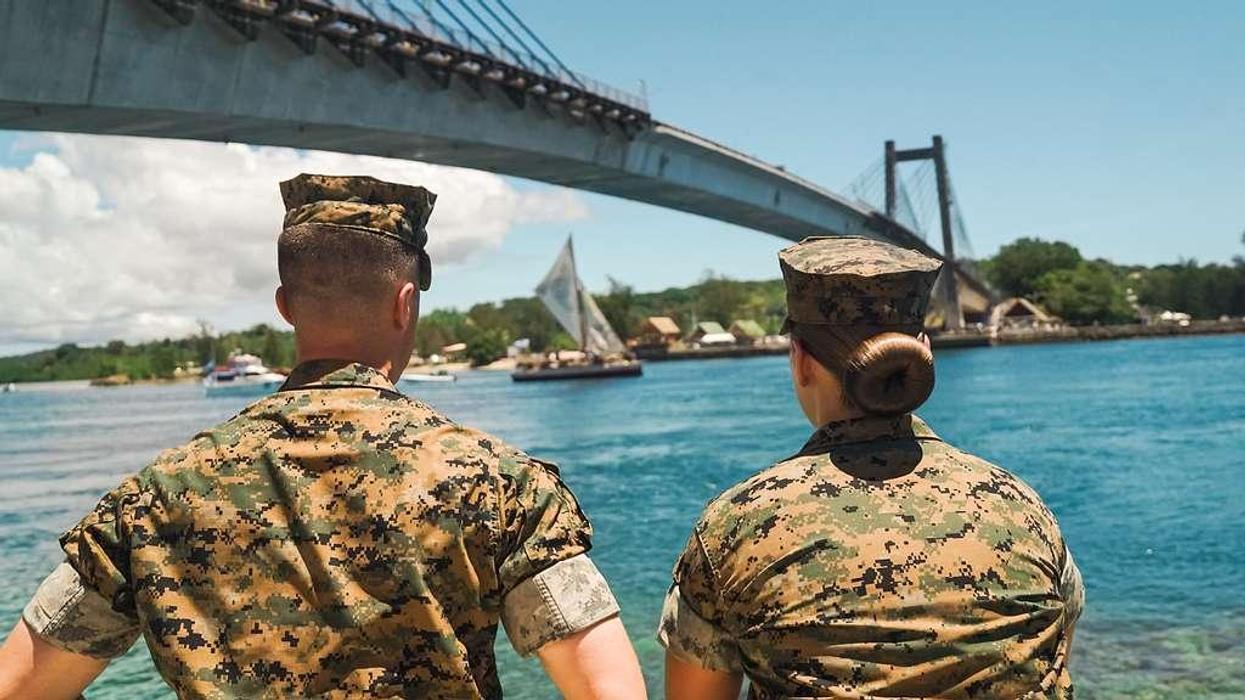Like all things in the Middle East, the U.S.–Israeli war on Iran can seem complicated. It’s not. The unprovoked Israeli attack on Iran is the 2003 Iraq War 2.0, except it has the potential to be far, far more catastrophic than the absolute catastrophe that was Iraq.
Like President George W. Bush’s 2003 war on Iraq, the war on Iran is an unprovoked, illegal, offensive, unilateral war of aggression, potentially aimed at regime change, and sold to the public based on lies about nonexistent weapons of mass destruction.
Just as the administration of Bush and Vice President Dick Cheney lied about a bogus threat of Iraqi “mushroom clouds,” Israeli Prime Minister Benjamin Netanyahu is lying about a nuclear threat from an Iran that has no nuclear weapons and was in negotiations to avoid getting them.
This time the lies are even uglier because Netanyahu is weaponizing the memory of the Nazi Holocaust and 6 million dead Jews (including some of my family members), by trying to scare people with talk of a “nuclear holocaust” and “never again is now.”
Israel is the country with nuclear weapons, along with the United States. Iran has none. Iranians are the only ones now at risk of a nuclear holocaust.
Despite Donald Trump’s election night promise not to “start wars” and instead to “stop wars,” the United States is already fighting Iraq War 2.0 by defending Israel militarily, by arming Israel, by sharing intelligence with Israel, and by failing to stop Israel despite having advance notice of the war. President Trump called Israel’s attacks “excellent” last week and more recently said the U.S. military “could get involved.” Referring to Iran, Trump told ABC News, “There’s more to come, a lot more.”
People are sick of endless U.S. wars. People are sick of endless Israeli wars.
As Israel’s predominant patron, Trump has the power to stop Iraq War 2.0 by cutting off all weapons and assistance, including missile defense and intelligence sharing. If Trump doesn’t do these things, the war looks set to escalate further. Netanyahu has promised “weeks” more of fighting. Every passing day brings new opportunities for the U.S. military to get drawn further into the war, as Netanyahu has long hoped. How will Trump respond if an Iranian missile even accidentally kills U.S. soldiers in the region? The danger of a wider regional or even world war is equally real.
The longer term consequences could be equally catastrophic in unpredictable ways. Bush and Cheney’s 2003 war began with similar “shock and awe” attacks that quickly overthrew the Saddam Hussein regime only to birth an incredibly violent insurgency and civil war and the militant organization that became the Islamic State.
The total death toll in Iraq (alone) will never be known but is conservatively estimated at 1.2 million people killed from direct and indirect causes. The war displaced an estimated 9.2 million Iraqis. Injuries surely reach into the millions. The cost to U.S. taxpayers of 20 years of fighting in Iraq and against the Islamic State in Syria reaches nearly $3 trillion.
Too many have been killed already in Iran and Israel thanks to the Israeli government’s unprovoked war. How many more Iranians, Israelis, and perhaps, soon, Americans must die before Trump stops Iraq 2.0 (as Iranian leaders are also requesting)? How much more taxpayer money must be squandered, on top of the tens (perhaps hundreds) of millions of dollars the U.S. military has surely spent to date?
Netanyahu and neoconservative warmongers in the U.S. have long dreamed of seeing U.S. troops marching on Tehran. We cannot risk the U.S.-Israeli war on Iran becoming the full-blown sequel to the Iraq War that Trump has long claimed he opposed.
















